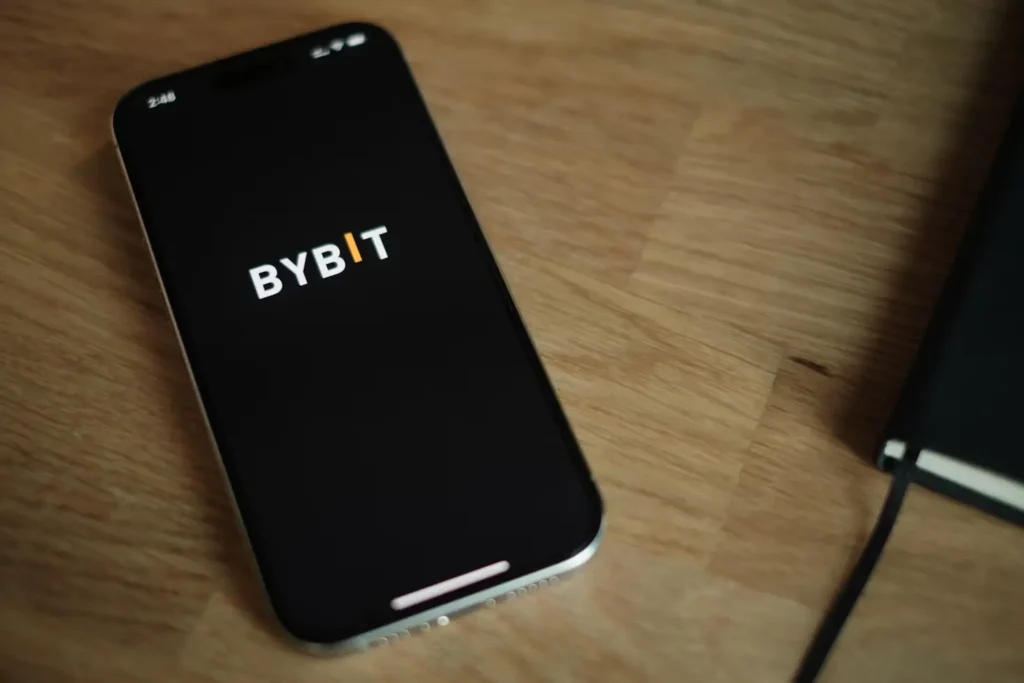Bybit, one of the world’s prominent crypto exchanges, is setting the wheels in motion to debut a new decentralised trading platform named Byreal. Built atop the Solana blockchain, Byreal is described by its developers as a hybrid decentralised exchange (DEX), offering the best of both centralised (CEX) and decentralised finance worlds.
The testnet is set to hit the ground running by 30 June, with the full-scale rollout pencilled in for Q3 2025. The project, currently being incubated by Bybit itself, is designed to merge traditional exchange functionality with the transparency of blockchain-based systems.
Ben Zhou, Bybit’s CEO explained that this venture isn’t just a run-of-the-mill decentralised exchange. According to Zhou, the core of Byreal lies in its ability to fuse the liquidity of centralised platforms with the openness and self-custody principles of DeFi. It’s a fusion that many have tried, but few have truly nailed. Zhou believes Byreal delivers this mix effectively, calling it a new breed of finance for a new era.

Image 1: Bybit unveil’s Byreal (Source: Crypto Briefing)
A Hybrid Approach With Real-World Utility
Byreal runs on a twin‑engine system: an RFQ lane that locks in quotes upfront and a CLMM gear that herds liquidity into tight channels. These technical tools work under the bonnet to ensure trades occur swiftly and fairly, while keeping slippage—a common headache in crypto trading—to a bare minimum.
Announcing Byreal — our first onchain DEX incubated by Bybit, will be LIVE by end of the month. Starting from scratch and now born on Solana. what’s special: 1/ CEX + DEX synergy Byreal isn’t “just another DEX.” It’s combining CEX-grade liquidity with DeFi-native transparency.… https://t.co/JU60e4zHQ4
— Ben Zhou (@benbybit) June 15, 2025
The RFQ system allows traders to view prices upfront before locking in a deal, avoiding any last-minute surprises. Meanwhile, CLMM ensures that liquidity providers can allocate capital to specific price ranges, which boosts the efficiency of the entire network. This combination is meant to deliver institutional-grade performance while remaining user-friendly for the average punter.
The team also promises MEV protection—a safeguard against bots or network actors who might try to front-run trades for their own gain. That’s a frequent gripe in the DeFi world, and Byreal seems keen to nip it in the bud.
Zhou also took a moment to highlight the size of the team behind the scenes, describing them as small but brimming with conviction. From the ground up, the exchange has been purpose-built with speed, security, and fairness in mind.
5/ Byreal is built to turn fragmented liquidity into unified opportunity.
Testnet launching on Jun 30. Mainnet coming Q3 2025.
Built with conviction. Powered by Solana. Backed by Bybit.
This is Byreal.
— Byreal (@byreal_io) June 15, 2025
Fair Launch Features and Transparent Value
Beyond everyday trading, Byreal has ambitions to support project launches through a new system it calls the Reset Launch. It’s geared toward making token launches more balanced and equitable. This mechanism uses a Smart Price Ladder paired with a Fairshare Engine, helping avoid the usual free-for-all where early buyers grab the lion’s share of the supply before others get a look-in.
Byreal also introduces a feature dubbed the Revive Vault, designed to let users earn returns through curated staking options. One such asset is bbSOL, among others, providing a pathway for traders to grow their holdings while contributing to the platform’s liquidity. In short, idle assets will be put to work—something Aussie investors will no doubt appreciate.
This isn’t just about putting up a flashy interface and calling it a day. The goal is to turn fragmented liquidity pools across the crypto ecosystem into something more unified, functional, and transparent. With Solana’s speed and low transaction costs under the hood, Byreal is expected to handle high-volume trading without breaking a sweat.
Solana Collaboration Brings Power Under the Hood
Under the hood, Solana powers the engine of Byreal, known for running like clockwork with speed and low costs to boot. Bybit’s decision to build on Solana wasn’t plucked out of thin air. The network’s infrastructure allows for fast confirmation times and supports complex routing models—ideal for what Byreal has in mind.
Teaming up with Solana isn’t just a shot in the dark—it’s a calculated play that fits hand in glove with Byreal’s long-term goals. Solana’s ecosystem, though recently flooded with meme coin activity, still houses significant decentralised finance platforms. The team behind Byreal aims to bolster that space further, bringing in real assets, real traders, and real value—not just hype.

Image 2: (Source: Unsplash)
Taking a Seat at a Crowded Table
While Byreal promises innovation, it’s stepping into a market already brimming with competition. Decentralised exchanges like Uniswap, Curve, and PancakeSwap have been around the block and currently command large portions of market share. Uniswap holds the lion’s share at 24%, with roughly $4.9 billion in total value locked (TVL), followed by Curve at $1.9 billion and PancakeSwap with $1.7 billion, according to DefiLlama.
Despite these big players, the total DEX market has seen a decline, currently standing at $20.3 billion—a far cry from its November 2021 high of $80 billion. So, while the pie has shrunk, there’s still a lot left on the table for newcomers who bring something fresh to the scene.
Read Also: Bybit Strengthens Digital Defences Following $1.4 Billion Crypto Breach
Within the Solana ecosystem itself, Raydium has long been the go-to decentralised exchange. It still holds a majority share with $1.7 billion locked in, although its trading volume has nosedived by 88% since earlier this year. That downturn has opened the door for fresh competition—enter Byreal. A Step Forward for On-Chain Finance
All things considered, Byreal looks to be more than just another DEX thrown together to chase trends. It’s crafted with purpose and positioned as an on-chain extension of Bybit’s global trading infrastructure.

